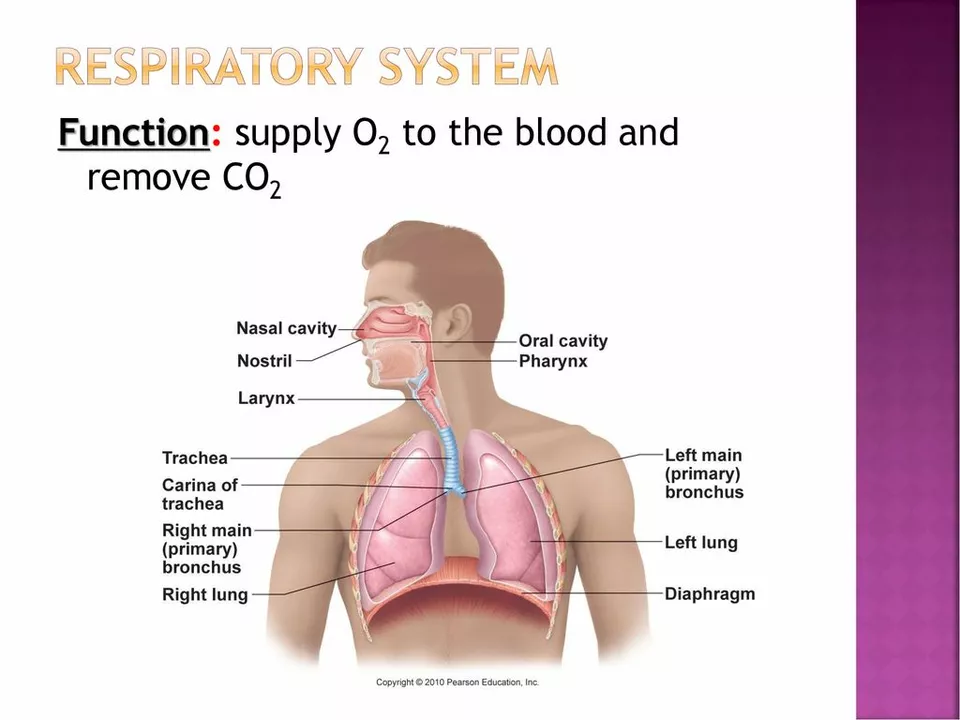Acetaminophen: what to know to use it safely
Acetaminophen (also called paracetamol or Tylenol) is a go-to for pain and fever. It works fast, is available over-the-counter, and appears in lots of combination products. That popularity is useful — until people accidentally take too much. A single misstep with dosing or mixing medicines can harm the liver. Here’s clear, practical advice so you get relief without unnecessary risk.
How to use acetaminophen safely
For most adults, stick to a maximum of 3,000 mg in 24 hours unless your doctor tells you otherwise. Many labels still show 4,000 mg as the upper limit, but 3,000 mg is a safer everyday cap. Typical single doses are 325–1000 mg every 4–6 hours as needed.
For children, dose by weight: 10–15 mg per kg per dose every 4–6 hours, and don’t give more than 5 doses in 24 hours. Always use the measuring device that comes with the medicine and check the product label — concentrations can differ between infant and children formulas.
Read labels before combining medicines. Many cold, flu, and pain products contain acetaminophen. If you're taking a prescription opioid combined with acetaminophen, track the total acetaminophen amount so you don’t double up.
If you drink alcohol regularly, talk to your doctor before using acetaminophen. Chronic heavy drinking raises the risk of liver damage even at lower doses.
Interactions, risks, and what to do in an emergency
Key interactions: alcohol and some blood thinners. Long-term or high-dose acetaminophen can increase INR in people on warfarin — your doctor may want to monitor your INR. Mixing with alcohol greatly increases liver risk.
Watch for early signs of overdose: nausea, vomiting, sweating, and general feeling unwell. Those can be easy to miss because they may start hours after the last dose. Pain in the upper right side of the belly, jaundice (yellow skin or eyes), confusion, or unusually dark urine are later signs and need emergency attention.
If you think you or someone else took too much, call emergency services or your local poison control center right away. N-acetylcysteine (NAC) is the antidote and works best when started early — don’t wait for severe symptoms.
Pregnant or breastfeeding? Short-term, recommended-dose acetaminophen is generally considered safer than many alternatives, but check with your clinician before regular use. For long-term pain, seek medical advice about safer strategies and monitoring.
Bottom line: acetaminophen is effective and convenient, but treat the total daily dose and mixing of products seriously. Keep track of amounts, read labels, and contact a healthcare provider if you’re unsure.

Acetaminophen Effects on Bone Health: What You Need to Know
Learn how acetaminophen impacts bone health, the science behind potential risks, and practical tips to protect your skeleton while managing pain.
Read More
Acetaminophen and your respiratory system: What you need to know
As a blogger, I recently came across some important information about acetaminophen and its effects on our respiratory system. I discovered that acetaminophen, a common pain reliever, can potentially cause respiratory problems when taken in excess or in combination with other medications. It's crucial for us to be aware of these potential risks and pay attention to the recommended dosages. I also learned that those with pre-existing respiratory conditions should be extra cautious when using acetaminophen. Stay tuned for a more detailed post on this topic to help you better understand the connection between acetaminophen and your respiratory system.
Read More

